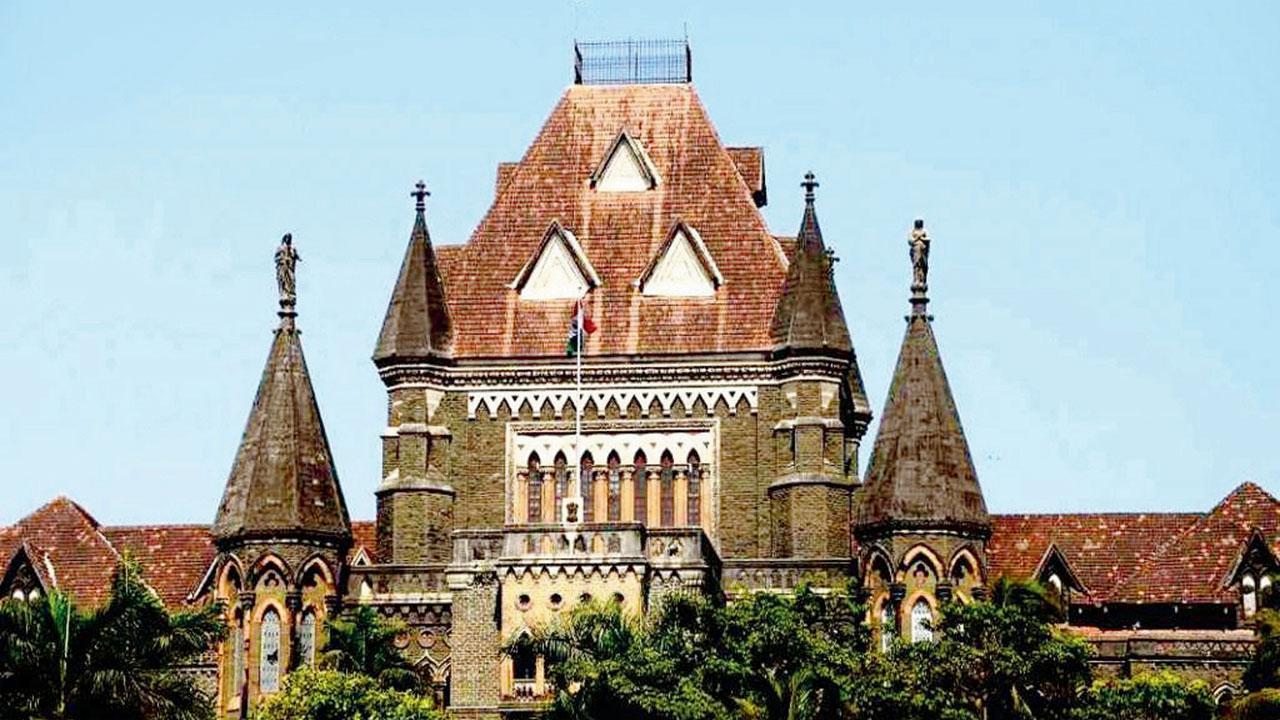While legal action against people for slander on social media is fairly common, the Bombay High Court has now admitted a petition seeking to hold the very platforms responsible

The Bombay HC admitted the petition on Dec 21
A 35-year-old astrologer filed a civil defamation suit last week in the Bombay High Court against microblogging site Twitter, social media platform Facebook, Yahoo.com/Yahoo India Pvt Ltd and YouTube.com owned by Google, actor Karan Oberoi and multiple media houses. She has claimed damages to the tune of Rs 650 crore from Oberoi, whom she has accused of rape, and 25 others. It is apparently the first time that social media and microblogging sites have been made parties in a defamation suit.
ADVERTISEMENT
Karan Oberoi, who is named in the case
She plans to file a criminal defamation suit next, said her advocate. In May 2019, the astrologer had filed a rape case against Oberoi at Oshiwara police station, following which he was arrested. A month later, the Mumbai police arrested the complainant and her advocate, Ali Kaashif Khan Deshmukh, for allegedly orchestrating an attack on herself in Oshiwara.
The astrologer’s current counsel, advocate Mansha Bhatia, told mid-day that ‘her client’s identity was revealed and her mobile number was disclosed in public platforms’. Bhatia said she sent legal notices to Twitter and Facebook, asking for the derogatory and libelous content against the astrologer to be removed. She said Facebook never responded to the legal notice till date.
Lawyer Mansha Bhatia claimed Karan Oberoi’s friends also started to spew venom on Facebook against her client. Representation pic
“Twitter responded and pulled down some tweets but some defamatory posts are still live,” Bhatia told mid-day. “Twitter and Facebook are accessible worldwide. Some of the deleted content is still reflected on Google. Our prayer is to suspend the accounts of the defendants.”
‘Friends revealed identity’
Bhatia claimed that immediately after Oberoi’s arrest, his friend termed the rape case as fake on Twitter and criticised the police and the judiciary. She added, “There are various tweets where his female friend tried to influence the investigation by giving out case details including my client’s photographs, which were unlawfully clicked in court.”
Karan Oberoi
Bhatia further told mid-day that Oberoi’s friends also posted defamatory content against her client on Facebook. “The suit has been filed to seek permanent injunction against Oberoi ad others and damages for publishing, circulating and broadcasting defamatory materials including videos, newspaper articles, statement on social media as well as revealing the identity of a rape victim on public domain,” the petition said.
“Making irresponsible and derogatory comments on a subjudice matter interferes with the fair administration of justice, influences the pending investigations, judiciary, the witness and the eventual decision of the courts,” reads the suit, whose copy is available with mid-day.
“The defendants (including Oberoi) have further criticised the judiciary severely and without any cause or reason which amounts to contempt and attracts criminal liability. Oberoi has further misused his bail to generate public sympathy, conduct a media trial and propagate innocence in the rape case by maligning and defaming the plaintiff,” reads the suit.
“The civil defamation suit has been filed to remove all the existing defamatory content including all articles/videos revealing my client’s identity, published and circulated on public domain and further to restrain the defendants from publishing such similar defamatory and derogatory content against my client,” Bhatia said.
“My client has further claimed damages from the defendants to the tune of R 650 crore for loss of reputation, maligning her image, character and dignity, and causing business losses. We are also in the process of filing criminal proceedings seeking registration of FIRs against those involved,” she added.
Experts speak
A social media expert said it is difficult to keep track of defamatory posts. “Portals like Facebook, Twitter and YouTube have huge number of postings every hour, so technically it becomes very difficult to keep a track of every such defamatory post and further take it down. There are times where such posts remain live for a long time. This not only leads to severe trauma for the victims, but also there are a lot of scams happening, and such phishy posts never go down even after they are reported. Acts like impersonation and cheating have been on a rise because portals do not act swiftly. They need time to evaluate the libellous contents which have been reported,” said Govind Ray, a social media expert.
A cyber and privacy law expert feels making these websites parties to the defamation suit now is of no use. “FB and Twitter are intermediaries as per the IT Act, 2000 and they are protected by safe harbour provision i.e. as per Section 79 of the IT Act, an intermediary cannot be held liable for any third party information made available or hosted by it. So making them parties is of no use. They can be made parties when a court orders them to remove a content and they fail to remove the same,” said advocate (Dr.) Prashant Mali, Cyber & Privacy Law Expert.
 Subscribe today by clicking the link and stay updated with the latest news!" Click here!
Subscribe today by clicking the link and stay updated with the latest news!" Click here!






